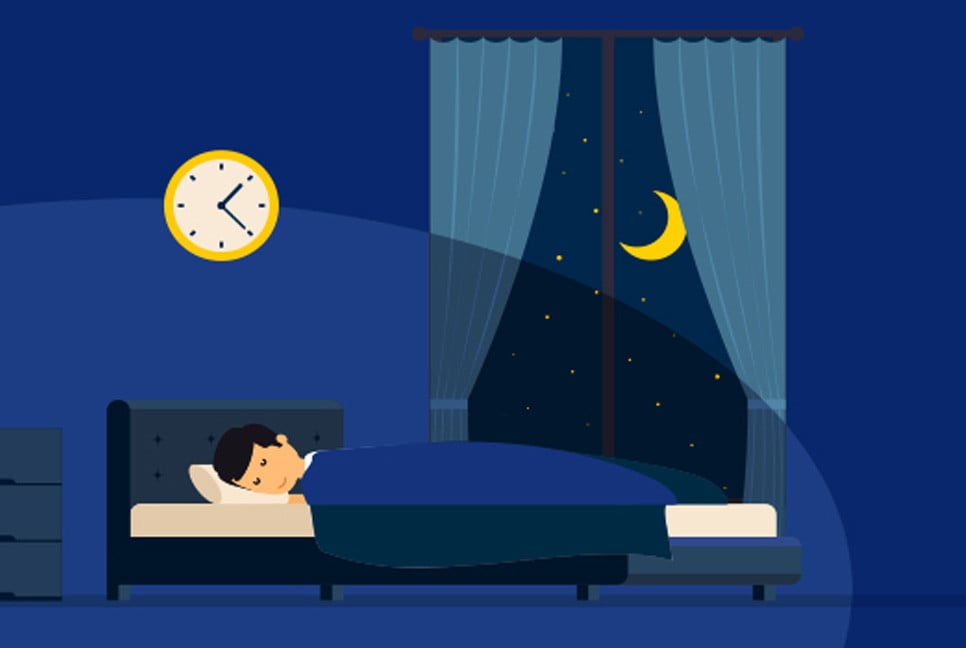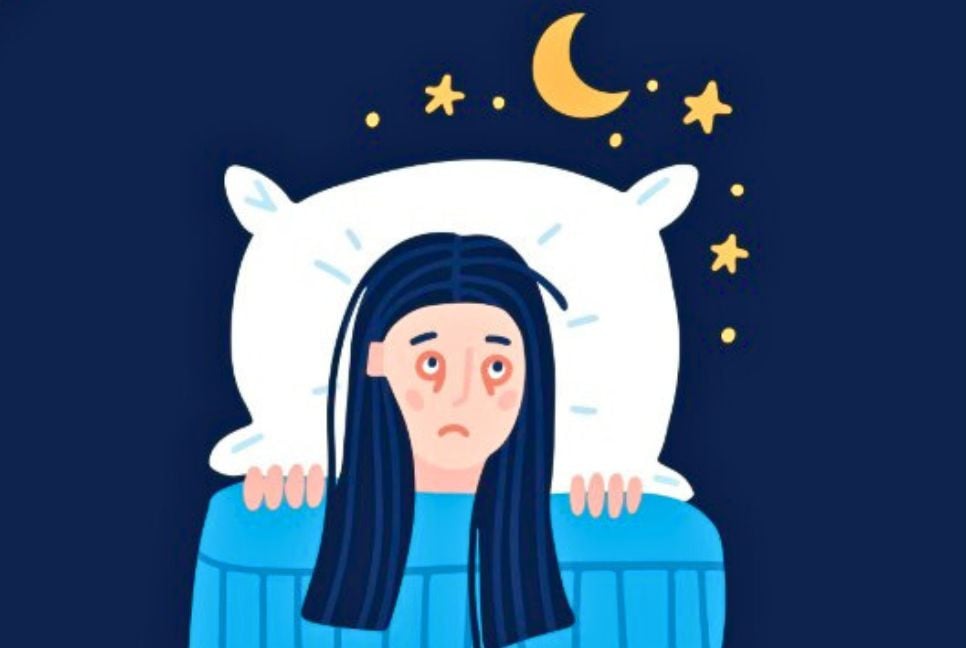Experts suggest people to focus on getting enough sleep as studies shown that it affects directly to brain aging.
Alexandra Zatarain, Co-Founder and VP of Brand and Marketing at sleep technology company Eight Sleep, said: “Prioritizing quality sleep is mandatory for maintaining long-term brain health and slowing the ageing process of the brain.”
“Prioritizing sleep isn’t just a health choice or luxury—it’s the cornerstone of a balanced lifestyle and a long-term investment in wellbeing and longevity,” he furthered, adding: “Simply put, how well we sleep today impacts how sharp, focused, and resilient our brains will be in the future.”
A recent survey on more than 950 individuals showed that 40 percent of UAE residents sleep less than 6 hours per night, mainly because of stress.
However, a study by the University of California, San Francisco showed that poor sleep is linked to nearly three years of additional brain ageing in people in their 40s.
The study team focused on 589 people who averaged about 40 years of age at the beginning of the study. When their brains were scanned again at 55, those with four or more of the poor sleep characteristics had brains that were 2.6 years “older,” on average, than the brains of people with none or only one of the characteristics.
Doctors warn of such a shortage of sleep as it could have an extremely negative impact on people’s health.
“Poor sleep quality or insufficient sleep accelerates cognitive decline and increases the risk of neurodegenerative disorders,” said Dr Rajesh Chaudhary, Specialist Neurologist at Aster Hospital Sharjah. “During deep sleep, the brain undergoes essential restorative processes, such as synaptic pruning and metabolic waste clearance, which are vital for maintaining brain youth.”
Experts supported Rajesh’s comments on shortage of sleep.
“During deep sleep, the body performs critical functions like muscle growth, immune system strengthening, and hormone regulation,” said Dr Humam Schakaki, Consultant Pulmonologist at Burjeel Medical City. “Adequate sleep also plays a significant role in emotional regulation, cognitive function, and mental clarity. Without proper sleep, people experience reduced alertness, impaired judgement, and weakened immune responses.”
Dr Rajesh explains how important it is to maintain proper sleep and suggests how to get maintain night hygiene to get quality sleep.
“To improve sleep quality, establishing a consistent sleep schedule is crucial,” he said, adding: “Going to bed and waking up at the same time daily helps regulate the body’s internal clock. Creating an environment conducive to sleep—dark, quiet, and cool—further supports the brain’s natural sleep-wake cycle.”
He said it was important for people to reduce exposure to blue light from screens in the evening. “Blue light suppresses melatonin, the hormone that signals the body to prepare for rest,” he said. “Instead, engage in calming pre-sleep activities like reading or meditation to help the mind unwind. Avoid stimulants such as caffeine and nicotine in the hours leading up to bedtime can prevent interruptions to sleep onset. Regular exercise, timed earlier in the day, also supports restorative sleep.”
Source: Khaleej Times
Bd-Pratidin English/ Afsar Munna





































































